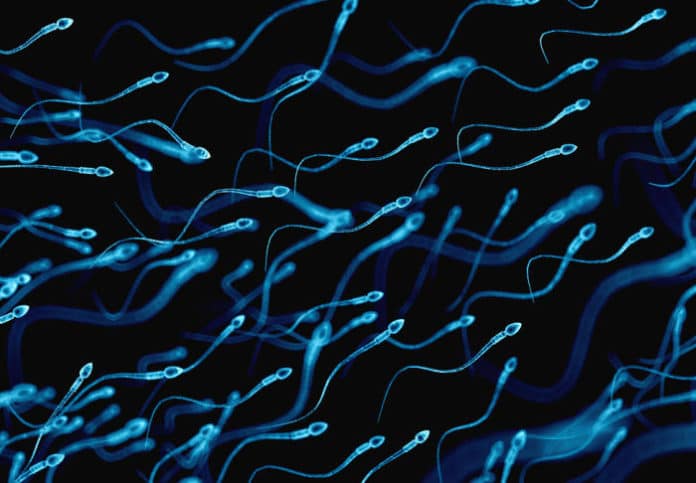According to an estimate, around one percent of all women experience a recurrent miscarriage. It affects around one in 50 couples in the UK.
Doctors define the term as the consecutive loss of three or more pregnancies before 20 weeks gestation. Though there are many reasons recurrent miscarriage, including genetic and hormonal problems; infection and thrombophilic (blood-clotting) defects; uterine problems and cervical weakness.
Now, scientists have come up with one more possible reason behind recurrent miscarriage. A study by the Imperial College London suggests that recurrent miscarriage linked to faulty sperm.
During the study, scientists investigated the sperm quality of 50 men whose partners had suffered three or more consecutive miscarriages. They then compared the samples to men whose partners had not experienced miscarriages, the sperm of those involved in the study had higher levels of DNA damage.
The analysis revealed sperm from men with partners who had suffered recurrent miscarriage had twice as much DNA damage compared to the control group.
The research team suggests this DNA damage may be triggered by so-called reactive oxygen species.
There are molecules formed by cells in semen (the fluid that contains sperm cells) to protect sperm from bacteria and infection. However, in high enough concentrations the molecules can cause significant damage to sperm cells.
The results from the study revealed sperm from men whose partners had suffered miscarriage had a four-fold increase in the number of reactive oxygen species compared to the control group.
Dr Channa Jayasena, lead author of the research said, “Traditionally doctors have focused attention on women when looking for the causes of recurrent miscarriage. The men’s health – and the health of their sperm wasn’t analyzed.”
“However, this research adds to a growing body of evidence that suggests sperm health dictates the health of a pregnancy. For instance, previous research suggests sperm has an important role in the formation of the placenta, which is crucial for oxygen and nutrient supply to the fetus.”
Dr Jayasena explained: “Although none of the men in the trial had any ongoing infection such as chlamydia – which we know can affect sperm health – it is possible there may be other bacteria from previous infections lingering in the prostate gland, which makes semen. This may lead to permanently high levels of reactive oxygen species.”
“There is increasing evidence obesity can lower sperm health – possibly because high levels of body fat can trigger an increase in reactive oxygen species. Therefore the team are analyzing the metabolic health of the 50 men in the study, and assessing weight and cholesterol levels.”
“The men whose partners had suffered miscarriage were also slightly older than the control group – with an average age of 37 compared to 30, and were slightly more overweight. The team is now investigating whether these factors may have affected the levels of reactive oxygen species.”
Dr Jayasena concluded: “Although this is a small study, it gives us clues to follow. If we confirm in further work that high levels of reactive oxygen species in semen increase the risk of miscarriage, we could try to develop treatments that lower these levels and increase the chance of a healthy pregnancy.”
The research, published in the journal Clinical Chemistry.
